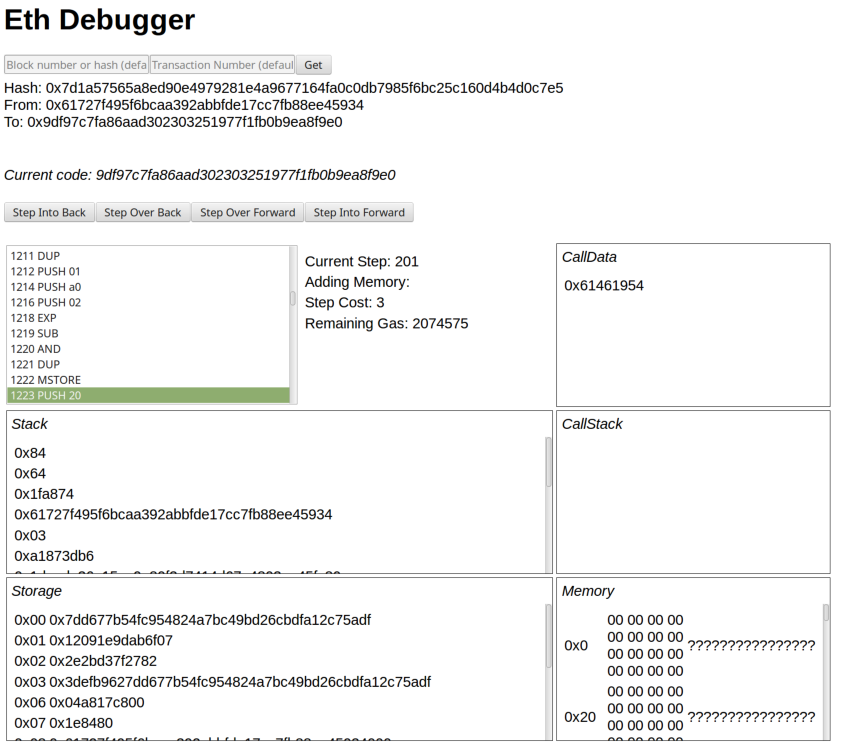[ad_1]
After virtually three months into the “reboot” of the C++ crew, I wish to give an replace in regards to the crew itself, what we did and what we plan to do.
Workforce replace
The so-called C++ crew presently consists of Paweł Bylica (@chfast), Greg Colvin (@gcolvin), Liana Husikyan (@LianaHus), Dimitry Khokhlov (@winsvega), Yann Levreau (@yann300), Bob Summerwill (@bobsummerwill), me (@chriseth) and (kindly “donated” by Eris Industries) RJ (@VoR0220).
Paweł is the unique creator of the llvm-based EVM-to-native just-in-time compiler, re-joined in April and can proceed enhancing the JIT.
Greg joined in February and already achieved substantial speedups for the C++ implementation of the Ethereum Digital Machine, utilizing his expertise from implementing the Java Digital Machine for his former employer Oracle.
Liana and Yann are engaged on Solidity and its IDEs (sure, plural, see beneath!).
Dimitry is in command of the consensus exams and can also be engaged on the C++ core.
Bob joined in February (having been a part of the group for an extended time) and is presently main the bold effort of disentangling the C++ codebase. He was additionally a significant contributor to the homestead guide.
RJ joined Eris industries in March and is engaged on the Solidity compiler.
Moreover, the coordination and co-operation between the C++ and the Go groups is on a totally totally different stage than earlier than. One of many explanation why we enhance the interpreter is to get a water mark for the go-ethereum interpreter and classes learnt throughout that course of will straight feed into the go interpreter, simply to call one instance.
Asserting Remix
Growing Solidity itself and offering assets and instruments for folks writing good contracts and dapps is likely one of the largest areas of labor for the C++ crew. A necessary such software is a debugger for Solidity and the Ethereum Digital Machine in order that builders can “look inside” the digital machine and discover the precise spot of their code that’s not doing what they count on it to do. Our IDE Mix is an excellent piece of software program that gives precisely this. Sadly, most individuals don’t use it and like browser-solidity or simply some unit testing instruments.
That is comprehensible, folks don’t need to change editors (I assume that is additionally why we acquired an unlimited variety of Solidity plugins for current IDEs prior to now months) or set up additional software program. Moreover, the relative quantity of exterior contributions we obtained for the html5+js-based minimalistic IDE browser-solidity in comparison with C++/Qt-based Combine is simply overwhelming.
Due to that and likewise in an effort to extend modularity, reusability and openness, we determined to rethink the way in which we need to present developer instruments: With the remix project we are going to create a set of reusable html5+js modules for creating and debugging good contracts.
Because of this it will likely be potential to combine a debugger for EVM and Solidity into browser-solidity (which may also transfer to a extra distinguished place sooner or later), but additionally into visible studio code, atom, elegant, mainly any IDE that’s html5+js-based. You’ll even be capable to hearth up the debugger inside Mist, additionally for transactions prior to now!
It’s most likely a bit too early to check out remix, however if you’d like, observe the directions within the repository, however you’ll want to use the newest develop model of cpp-ethereum as backend node.
For everybody else: Here’s a screenshot of an early proof of idea model:
Different Duties
In regards to the present focus for different tasks, we’re enhancing the runtime efficiency of the digital machine. Greg already made nice progress in that space and nonetheless has a variety of concepts. We’re presently establishing normal benchmarks, in order that we are able to evaluate the efficiency of various implementations and the distinction between interpreters and just-in-time compilers. We plan to make the just-in-time compiler obtainable to different implementations like py-ethereum and naturally go-ethereum.
For Solidity, the principle areas of labor are presently fixed-point varieties, structs as a part of the ABI and lengthening the usefulness of libraries through “inlineable” features and templates. Moreover, we wish to invite the group to jot down and publish helpful libraries. Particular due to Alex Beregszaszi (@axic), Nick Johnson (@Arachnid) and Andreas Olofsson (@androlo) for making an amazing begin there!
Lastly, we need to scale back the ache that’s presently brought about when working with the C++ codebase, particularly as a consequence of exterior and intra-dependencies. We’re already virtually on the level the place Solidity might be compiled in isolation and the aim is to maneuver again to our outdated residence, the ethereum/cpp-ethereum repository, splitting elements off solely the place it is smart, specifically for Combine, Solidity and EVMJIT.
[ad_2]
Source link





